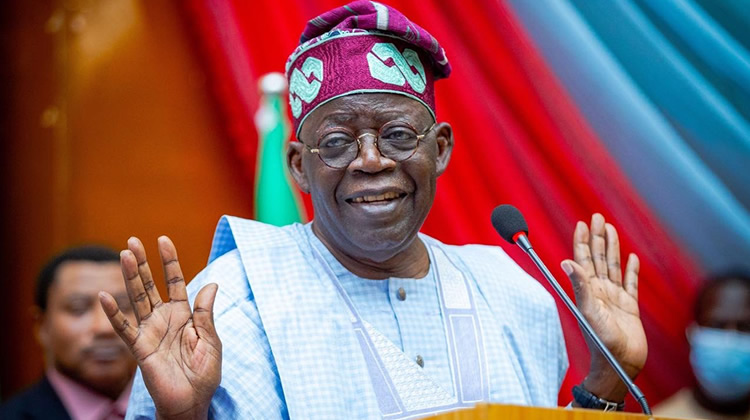On the 6th of July, President Bola Tinubu signed different executive orders with the aim of easing the tax burdens on Nigerians. The Executive Orders include:
- Customs, Excise Tariff (Variation) Amendment Order, 2023 to:
- Shift the commencement date of the Fiscal Policy Measures as contained in the Customs, Excise Tariff, Etc (Variation) Order 2023 from 27th March 2023 to 1st August 2023 in line with the National Tax Policy.
- Suspend the 5% excise tax on telecommunication services.
- Halting the excise duties escalation on tobacco and alcoholic beverages. As a result, the previously approved excise duty rates for 2022-2024 will continue to apply to these products.
- Halt the newly introduced excise tax on Single-Use Plastics.
- Halt the green tax by way of Import Tax Adjustment levy on certain categories of vehicles.
Also Read: The crapulous consequences of our outrageous appetite for debt
- The Finance Act (Effective Date Variation) Order, 2023 to defer the implementation date of the changes contained in the Act from 28th May 2023 to 1st September 2023. This is to ensure compliance with the minimum of 90 days advance notice for tax changes as contained in the 2017 National Tax Policy.
These Executive Orders were a review of the Finance Act 2023 which was signed into law by Muhammadu Buhari on the 28th of May, 2023, one day before his exit from office.
As a result of the executive orders, the provisions of the tax changes outlined in the Finance Act will come into effect on September 1 instead of the initially scheduled date of May 1. Hence, companies will need to review and reassess their taxes for Q2 2023. When President Buhari signed the Finance Act on the 28th of May, he set the Act to take retroactive effect from the 1st of May 2023, in total defiance to the National Tax Policy which recommended a 90 days advance notice.
Presidential Committee on Fiscal Policy and Tax Reforms
The President has approved the establishment of a Presidential Committee on Fiscal Policy and Tax Reforms. This committee is to be headed by Taiwo Oyedele, a fiscal policy partner and Africa Tax Leader at PwC. This announcement was made on Friday by Dele Alake, the Special Adviser to the President on special duties, communications and strategy.
Also Read: Nigeria’s spiralling debt burden
According to Mr Alake, the committee, consisting of experts from both the private and public sectors, will be entrusted with a range of responsibilities related to tax law reform, fiscal policy design and coordination, tax harmonization, and revenue administration.

